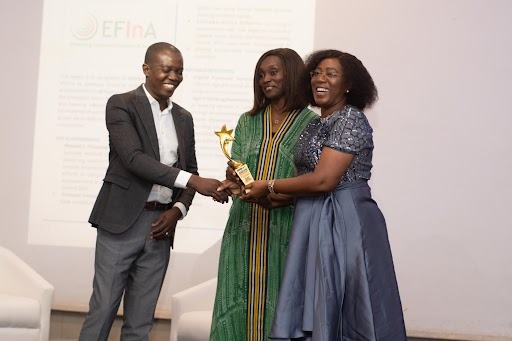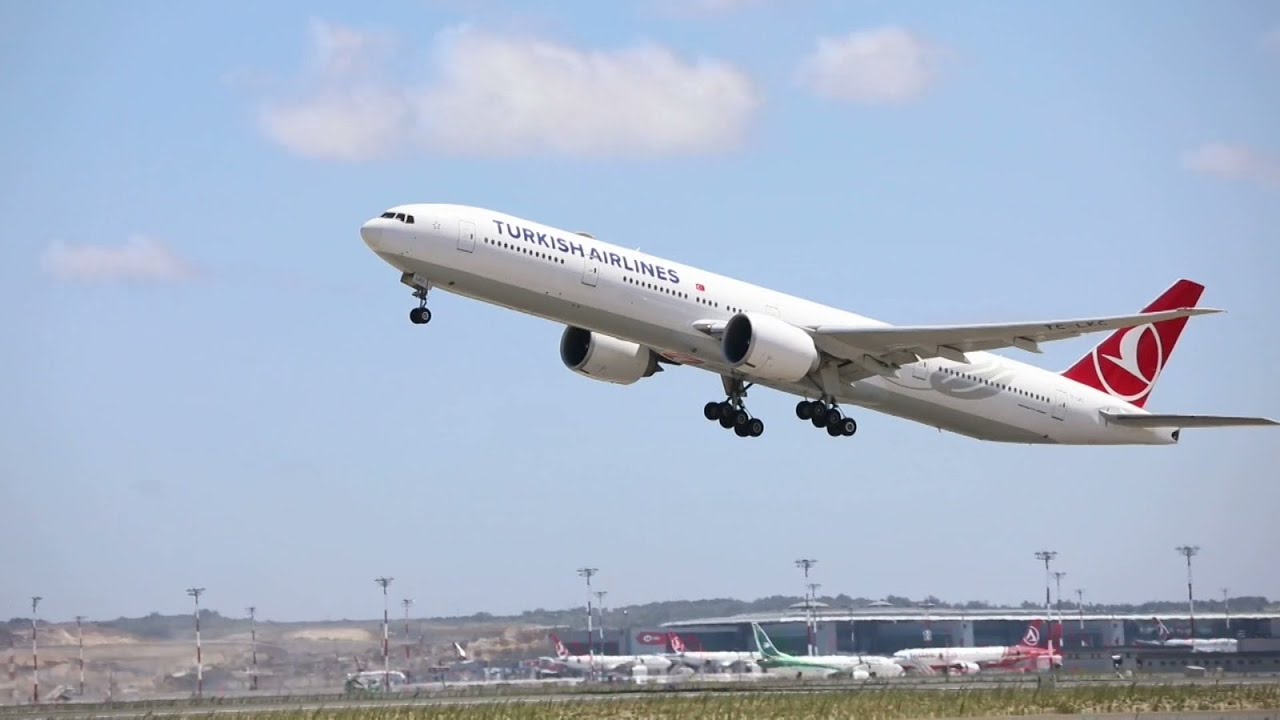Enhancing Financial Innovation & Access (EFInA), a member of the Financial Sector Deepening Network, was recently honoured by Nairametrics Financial Advocates and Economic Forum Media for its significant contribution to the MSME landscape in Nigeria. Its relentless efforts in promoting financial inclusion for priority segments such as MSMEs have been a beacon of hope and significantly transformed the MSME landscape. This recognition at the 2024 MSME Finance awards ceremony is a testament to its impactful work and inspires hope for a more inclusive financial future.
EFInA’s unwavering commitment to fostering an inclusive financial market is evident in its proactive approach to addressing the critical challenges excluded segments, including MSMEs, face with access to formal financial services. From providing credible market information on various pressing themes about the Nigerian financial services sector, including how to better serve the MSME market specifically, to organising Ideathons and Hackathons that lead to the development of innovative ideas and solutions that address barriers affecting access to finance, EFInA has, over the years, built a reputation in championing the development of an all-inclusive financial system.
Commenting on the well-deserved recognition for driving change in Nigeria’s MSME landscape, EFInA’s General Manager & Research Lead, Dr. Oluwatomi Eromosele, said, “Our research-led and evidence-based approach to addressing the most pressing financial exclusion issues across priority segments ensures that we can facilitate real impact towards achieving our vision. More importantly, as we look to the future and are guided by our Access to Financial Services in Nigeria (A2F) findings, one of our strategic priorities is to enable the creation of an environment that provides access to credit for all levels of businesses, from nano-sized enterprises in the informal sector to medium-sized companies that still face limited access to credit.
The A2F 2023 Survey showed that most of Nigeria’s non-formal (agricultural and non-agricultural) jobs are in nano- and microbusinesses. Most of these businesses lack access to working and growth capital and cannot achieve their full potential. Formalized access to finance will enable them to participate in the digital economy.
Shedding light on the hackathon initiatives that the organisation once championed, the Programme Manager at EFInA, Norah Igwe, stated: “Between 2020 and 2023, EFInA facilitated several ideaathons and hackathons to champion the development of innovative solutions that addressed some of the pertinent challenges MSMEs face, especially around accessing finance from formal financial services providers. Some of the winning Minimum Viable Products have been launched in the market and are gaining traction and doing well. An example is the ESUSU product developed by ESUSU Africa. Leveraging a data-driven algorithm, this digital app allows MSMEs to build their creditworthiness through regular savings patterns, after which credit can be availed. The platform enables a seamless repayment method driven by a daily thrift savings scheme.”.
Chinasa Collins-Ogbuo, Advocacy & Communications Lead at EFInA, receiving the award on behalf of the organisation, said: “We are truly delighted to have received this award, as it serves as a testament to the great work by the team that led those hackathons for innovative change in the MSME market. Moreso, it is a reminder of the work ahead of us to fulfill one of our strategic priorities to facilitate an enabling policy and financial market environment that will help the nano- to medium-scale enterprises thrive and unlock their potential.”.
EFInA continues to champion collaborative efforts with relevant actors to drive significant progress in financial inclusion through its research, advocacy, and systems-strengthening facilitation tools. Our commitment extends to deepening financial inclusion, supporting income generation, and overall economic well-being for the most excluded segments.
To understand Nigeria’s financial inclusion landscape, you can access the A2F 2023 survey findings at https://www.a2f.ng/.
- 67% of adult Nigerians rely on owned businesses or farming as their main source of income, which are likely to be small or micro and nano-sized enterprises, respectively.













